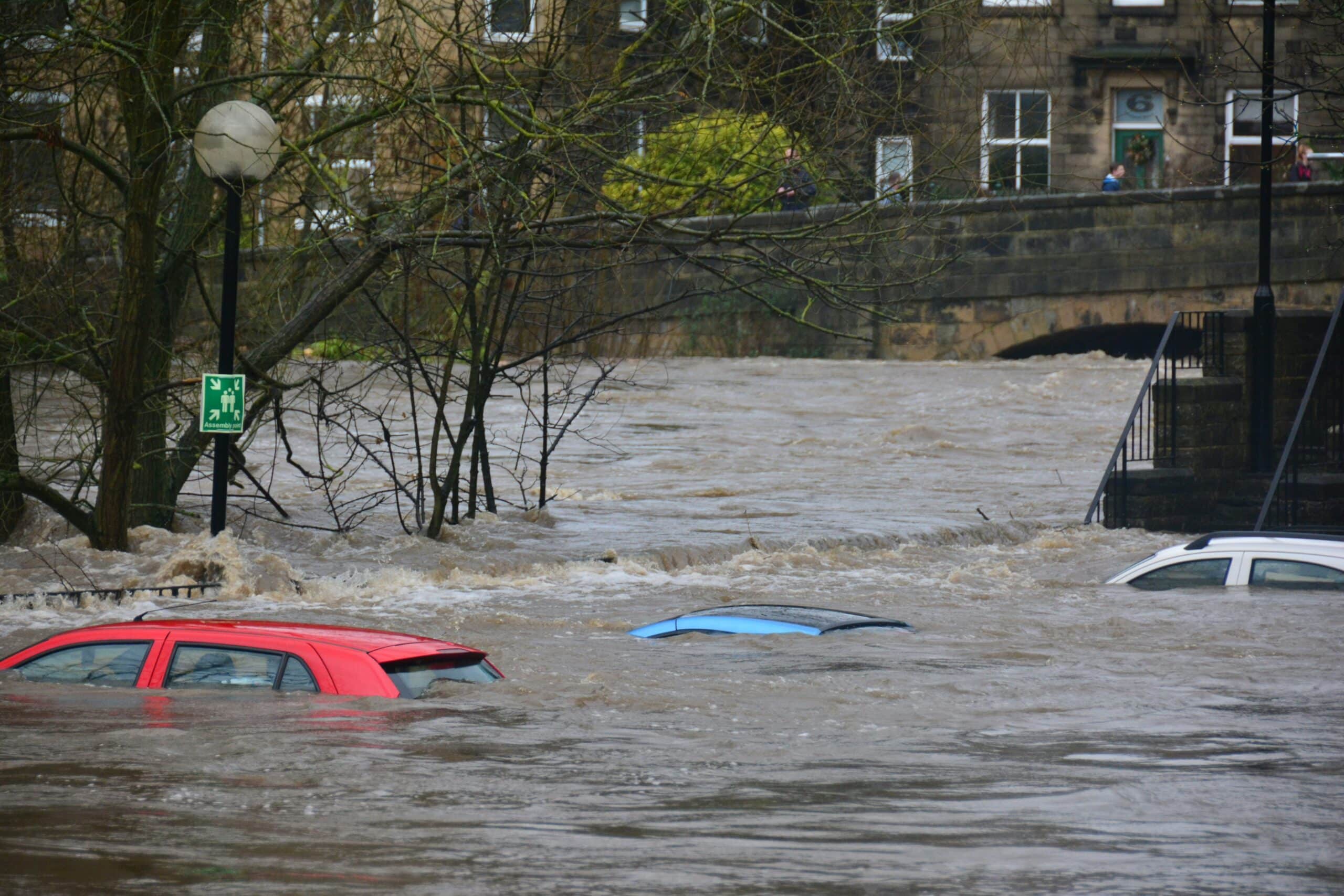The state of Nevada, known for its vibrant tourism industry and rapidly growing business sectors, is currently facing growing concerns about a potential economic slowdown. This apprehension stems from a combination of rising costs, global market fluctuations, and the aftereffects of the pandemic, which have left both businesses and consumers in Nevada on edge. In this article, we will explore the factors contributing to this potential economic slowdown, its implications for the state, and the steps that can be taken to mitigate its impact.
Factors Contributing to Economic Slowdown in Nevada
Rising Costs of Essentials
One of the most immediate and pressing concerns for Nevada’s economy is the rising cost of essential goods and services. Over the past few months, the prices of fuel, food, and housing have seen significant increases, putting pressure on both consumers and businesses. As costs rise, consumers are forced to tighten their budgets, leading to a decrease in discretionary spending. This reduction in spending has a ripple effect throughout the economy, affecting businesses that rely on consumer purchases, particularly in sectors like retail, entertainment, and hospitality.
The increase in fuel prices, in particular, has had a pronounced impact on transportation costs, which affects nearly every industry in the state. Higher transportation costs lead to increased prices for goods, further straining consumers’ wallets and contributing to the overall economic slowdown.
Global Market Fluctuations
Nevada’s economy is not insulated from global market trends, and recent fluctuations have raised concerns about the state’s economic stability. For instance, the ongoing trade tensions between major global economies have created uncertainty in international markets, which can affect export-dependent industries in Nevada. Additionally, disruptions in global supply chains, particularly those originating from Asia, have led to delays and increased costs for businesses that rely on imported goods.
These global market fluctuations are causing Nevada businesses to rethink their strategies and, in some cases, delay or reduce investment in growth opportunities. This cautious approach, while prudent in uncertain times, can contribute to a slowdown in economic activity, particularly in sectors that are heavily reliant on international trade.
The Aftereffects of the Pandemic
The COVID-19 pandemic has had a lasting impact on Nevada’s economy, and the aftereffects are still being felt. Although the state has made significant strides in recovering from the initial economic shock, certain industries, particularly tourism and hospitality, have not returned to pre-pandemic levels. The ongoing concerns about new variants and the potential for future public health crises are causing uncertainty among business owners and consumers alike.
This uncertainty is leading to more conservative spending and investment behaviors, which can slow down economic growth. For instance, businesses that are unsure about the future may choose to delay hiring or expansion plans, while consumers may opt to save rather than spend, further contributing to the slowdown.
Implications of an Economic Slowdown in Nevada
Impact on Employment
One of the most significant implications of a potential economic slowdown in Nevada is its impact on employment. As businesses face higher costs and reduced consumer spending, they may be forced to cut back on their workforce to maintain profitability. This could lead to higher unemployment rates, particularly in sectors that are already struggling, such as hospitality and retail.
Higher unemployment can, in turn, lead to decreased consumer spending, creating a cycle that further exacerbates the economic slowdown. Additionally, the loss of jobs can have a broader social impact, leading to increased demand for public services and support systems.
Effect on State Revenue
Nevada’s state revenue is heavily dependent on taxes generated by the tourism and gaming industries. A slowdown in these sectors could lead to a significant reduction in state revenue, which would impact the funding of public services, infrastructure projects, and social programs. The state may be forced to make difficult budgetary decisions, such as cutting services or increasing taxes, which could further strain the economy.
Furthermore, a decline in state revenue could hinder Nevada’s ability to invest in long-term economic development projects that are crucial for sustaining growth and competitiveness. This could result in a slower recovery and longer-term economic challenges for the state.
Strategies to Mitigate the Impact
Diversifying the Economy
One of the most effective strategies for mitigating the impact of a potential economic slowdown in Nevada is to diversify the state’s economy. While tourism and gaming have been the backbone of Nevada’s economy for decades, there is a growing need to develop other industries that can provide stability during times of economic uncertainty. This could include investing in sectors such as technology, renewable energy, and advanced manufacturing.
By diversifying the economy, Nevada can reduce its reliance on a few key industries and create a more resilient economic structure that can withstand fluctuations in the global market. Additionally, diversification can create new job opportunities and attract investment to the state, further supporting economic growth.
Supporting Small Businesses
Small businesses are a vital part of Nevada’s economy, and providing support to these enterprises can help mitigate the effects of an economic slowdown. This support could include providing access to low-interest loans, offering tax incentives, and creating programs that help small businesses adapt to changing market conditions.
By supporting small businesses, Nevada can help maintain employment levels and stimulate economic activity at the local level. Additionally, small businesses are often more agile and can adapt more quickly to economic changes, making them a key component of the state’s economic resilience.
Promoting Innovation and Investment
Encouraging innovation and investment in Nevada can also help counteract the effects of an economic slowdown. This could include fostering a business-friendly environment that attracts startups and entrepreneurs, as well as investing in education and workforce development programs that prepare residents for jobs in emerging industries.
By promoting innovation, Nevada can position itself as a leader in new and growing sectors, which can drive economic growth and create a more sustainable economic future. Additionally, attracting investment to the state can help fund important infrastructure projects and spur job creation.
The growing concern of a potential economic slowdown in Nevada is a complex issue that requires a multifaceted approach to address. By understanding the factors contributing to this slowdown and implementing strategies to mitigate its impact, Nevada can work towards a more resilient and diversified economy. Through diversification, support for small businesses, and a focus on innovation, the state can navigate these challenging times and continue to thrive in the years to come.









